What is behind Trump’s Syria troop withdrawal and what it will mean
US forces have begun pulling out of northeast Syria, clearing the way for a Turkish assault. Why is this happening and what are the consequences?
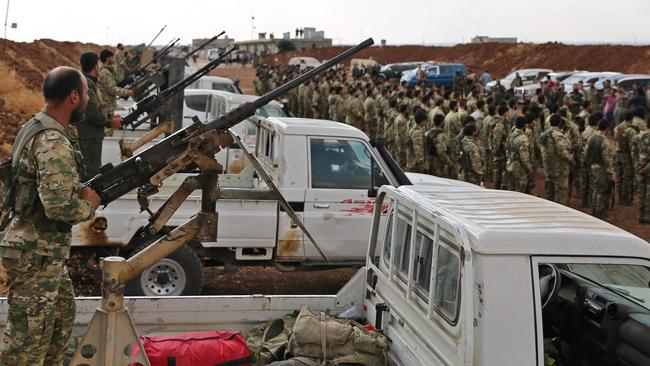
US forces have begun pulling out of northeast Syria after the White House announced it would clear the way for an expected Turkish assault, essentially abandoning Kurdish fighters who fought alongside American troops in the battle to defeat Islamic State.
Why is this happening and what will be the consequences?
This is all a bit sudden isn’t it?
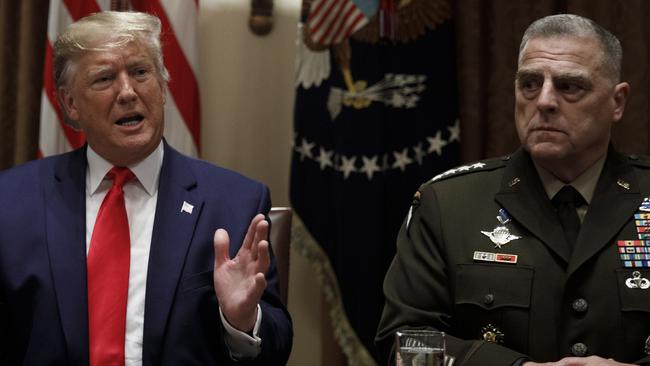
Not as sudden as you might think. Last December, Donald Trump abruptly ordered a rapid withdrawal of all US troops from Syria, declaring they weren’t needed any more as ISIS had been defeated. His decision was criticised by Mr Trump’s Republican supporters and his own advisers. It triggered the resignation of Defence Secretary General Jim Mattis, who felt US allies in the region would feel betrayed, while even staunch supporter, Republican Senator Lindsay Graham described the move as a “huge Obama like mistake”.
The outcry resulted in Mr Trump changing course and keeping some forces in Syria.
If withdrawing troops was unpopular then, what’s changed?
Nothing, really. Once again Mr Trump’s allies, including Senator Graham, former ambassador to the UN Nikki Haley and Senate Majority Leader Mitch McConnell have urged him to change his mind, warning it could result in the “slaughter of allies.”
So why is it happening now?
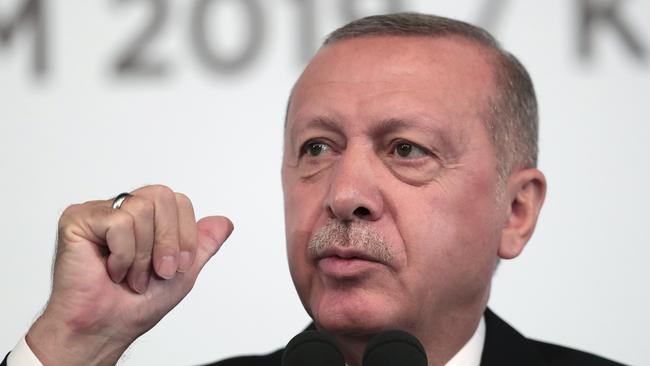
Donald Trump told reporters on Tuesday (AEDT) that having American troops in Syria was “supposed to be a short term hit” and that he didn’t want remaining troops “hurt or killed”. In a series of tweets he said it was time for the US “to get out of these ridiculous Endless Wars … Turkey, Europe, Syria, Iran, Iraq, Russia and the Kurds will now have to … figure the situation out.”
He appears to have made his decision after a phone call with Turkish President Recep Tayyip Erdogan on Sunday (US time), in which Mr Erdogan brought up the prospect of a Turkish assault on Kurdish forces in Syria. Mr Erdogan has always opposed American partnership with these forces and has repeatedly threatened an incursion against the Kurds, who he regards as a terrorist force. He is also keen to set up a buffer zone in the Kurdish controlled area to settle refugees away from Turkey.
What do you mean terrorist force? Aren’t the Kurds allies?
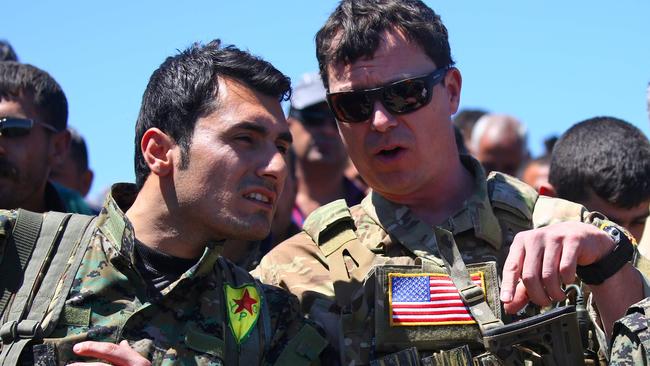
The Kurdish-led Syrian Democratic Forces (SDF), an amalgamation of Kurdish militias, have been a strong ally to the American led coalition against Islamic State in Syria and were largely responsible for the defeat of ISIS. But Turkey regards the Kurdish People’s Protection Unit (YPG), which forms the largest component of the SDF, as a terror threat as it struggles with a Kurdish insurgency within its borders.
A bit of history here please
Turkey has historically had an unhappy relationship with the Kurds, who make up the largest ethnic minority in the country and have for years demanded greater rights and a Kurdish autonomous region (Kurdestan). The main rebel group, the Kurdistan Workers Party, (or PKK) has waged an insurgency within Turkey for 35 years and the YPG is regarded within Turkey — and by some in US intelligence — as the PKK’s militia force in Syria.
How many troops do the US have in Syria?
There are about 1000 US troops in northern Syria, but the White House has reportedly redeployed only about 50 — 100 away from Syria’s northern border. A senior US official said they would potentially leave the country entirely should widespread fighting break out between Turkish and Kurdish forces.
What happens if or when Turkey launches an assault?
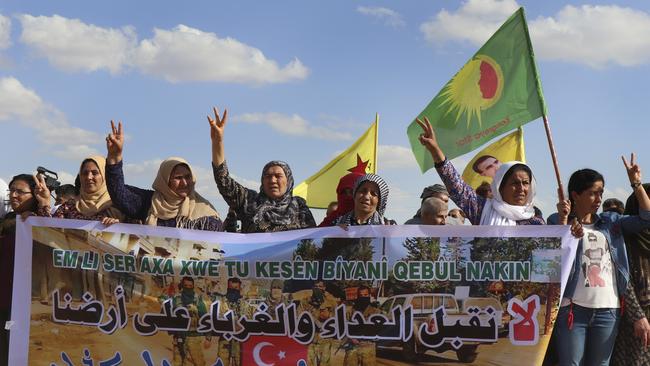
The SDF has threatened “all out war” if Ankara goes ahead with an offensive while Republicans and Democrats warn it could lead to a massacre of the Kurds.
SDF spokesman Mustafa Bali tweeted.: “We will not hesitate to turn any unprovoked attack by Turkey into an all-out war on the entire border to DEFEND ourselves and our people,”
The Kurds also warn an assault could lead to the escape of 12000 ISIS prisoners in Kurdish custody, and the resurgence of the terror group.
While defending his decision to withdraw troops, Mr Trump also warned that if Ankara “does anything that I, in my great and unmatched wisdom, consider to be off limits, I will totally destroy and obliterate the Economy of Turkey.”
As I have stated strongly before, and just to reiterate, if Turkey does anything that I, in my great and unmatched wisdom, consider to be off limits, I will totally destroy and obliterate the Economy of Turkey (I’ve done before!). They must, with Europe and others, watch over...
— Donald J. Trump (@realDonaldTrump) October 7, 2019
How safe are the Aussie ISIS wives and children?
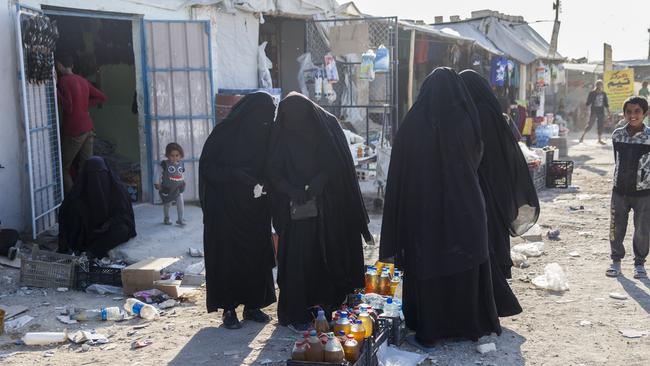
Not at all. The SDF has 70,000 women and children, including 64 Australians, held in camps in the region, who would be at grave risk if there was conflict between Kurdish and Turkish forces.
Australian aid agency Save the Children said the women and children in Al-Hawl — where the Australians are held — should be urgently evacuated to safety and repatriate but Foreign Minister Marise Payne says while the government remains concerned for the Australians it but would not put Australian officials, forces or the public in danger.
“Any repatriation will occur only if safe to do so,” she said.


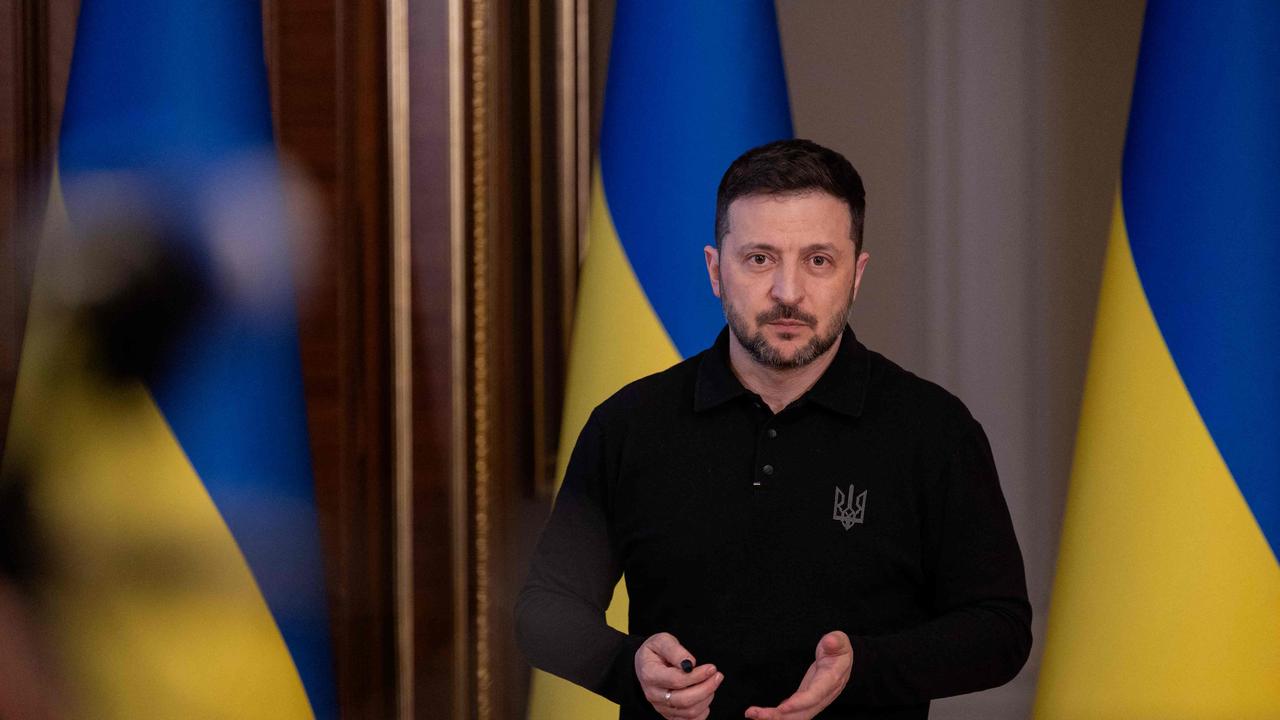
To join the conversation, please log in. Don't have an account? Register
Join the conversation, you are commenting as Logout